
“December has always been hard, but this year will be the hardest December yet. You will feel yourself struggling to shoulder the weight of it; will want, more keenly than ever, to shrug it off, just this once, just for one year; and you’ll find yourself saying on the phone to your mum: I might not actually be able to get home. The last word will stick in your throat and you’ll hear her hear it, feel your heart beating. Your mum will clear her throat and say nothing, wait for you to say, The flights are so booked up, and, My boss… But the excuses you’ve rehearsed so persuasively in your head die away on your lips. You’ll picture her, standing in the middle of the draughty hallway wearing her padded bodywarmer and scarf because even with the central heating on full-blast she feels the cold too much these days, holding her mobile in its bright pink shellac case, the vacuum, or the laundry, or whatever it was she was doing when you phoned, abandoned at her feet.
Mum… you‘ll say, and she‘ll say, Oh it’s alright, I understand.
And so you will end the call by saying, I’ll get on the website now, and you’ll hang up the phone and curse your mother, and curse yourself, and you’ll end up in the Departures lounge on the twenty-third of December as always, waiting for an interminably-delayed allegedly-budget airline to announce the flight is boarding for Belfast.
The Belfast flight is always shunted to a far corner of the airport, a hangover from when its passengers needed to be corralled, observed. It is an Exiles flight: there may be a handful of English or half-English kids visiting their Northern Irish parent’s folks for Christmas, but the majority are those who have left for good, all travelling back at the last possible minute, most guilty, some maudlin, few happy.
You will have been delayed for almost three hours by the time the harassed-looking ground staff, in their cheap tunics and flashing Santa hats, will hand out vouchers for food and drinks. You’ll have laid your book aside a while ago and you will have been studying faces, listening. It’s strange how quickly your ear tunes back in, how suddenly it’s the ground staff’s English voices that sound too loud and brash, so sure of themselves, and yet so out of place. You’ve lost your accent, years ago and mostly on purpose, but when you accept the vouchers you’ll hear the vowels tightening, the inflections in your voice creeping back. One of you, one of us; one of them.
There’s only one bar at this departure gate and it is always rammed; sweaty, disgruntled passengers with too much hand-luggage sinking pints and tipping back large glasses of wine. When you make it to the front you’ll find yourself shoved up against the young Indian man: you noticed him earlier, standing by the window out onto the runway, tall and silent, not moving, just staring out at the lights of the planes on the wet tarmac, looking like he’s in a different world entirely.
Sorry, you’ll say as you lurch into him, and he’ll smile at you and say, in as broad a Belfast accent as any, No worries, you’re grand.
In an instant, he’ll see that you are taken aback at his accent and you’ll see him see it, and he’ll smile again, a smaller, tighter smile this time.
S’cuse me? the barman is saying to him. S’cuse me? Sir?
Pint of Guinness please, he’ll say. From the beleaguered expression on the barman’s face it’s the hundredth time the poor man’s had to explain that vouchers are not redeemable against alcohol.
In that case what can we get? you’ll hear yourself pipe up, a bit cheekily, overcompensating for the moment when you inadvertently betrayed yourself (you and them, us). The Belfastman will look at you, surprised, and then he’ll grin, and the two of you will smile at each other as the barman lists the soft drinks available and finishes off with a litany of, salt‘n’vinegar, cheese‘n’onion or ready salted Crisps, KP Nuts, or bacon-flavoured scampi bites.
‘Everything you write requires a portion of your soul, I think, to make it live’
Multitudes by Lucy Caldwell review: gritty teenage tales of the Troubles
Stories under the spotlight
Bacon-flavoured Scampi Bites! the Belfastman will shout in mock-incredulity. I’ve not had those since I was a child. Give us this much Bacon-flavoured Scampi Bites, and he’ll reach for your vouchers and thrust them, together with his, at the barman who is not amused and you will burst out laughing. The slight acquaintance forged, he will offer to buy you a drink. Say yes. Don’t even say yes, just don’t say no. Hesitate, that will be enough.
By the curved brass railings at the edge of the bar area, you and Nirupam – that’s his name, Nirupam Choudhury – will clink your glasses and start the customary dance of who-have-we-in-common. It will turn out that he grew up only a few streets away from you, in one of the big houses on Cyprus Avenue, and that you even attended, briefly, the same primary school.
Suddenly, a memory will surface: the shy skinny Paki kid and the two fat Chinky sisters being brought up onto the stage to celebrate Chinese New Year, and you’ll feel yourself burn with embarrassment for him, for the school, for those words, and he’ll see it all in your face and smile that tight sad smile again and say, Yep, that was me.
I’m sorry, you’ll say, and he’ll take a swig of his pint then say, Look, don’t worry about it.
In the short silence that follows you’ll work out he was three years above you and you’ll find yourself blurting out: You don’t remember my sister? Janey, you will say. Her name was Janey.
He’ll start to shake his head then stop, realise that you used the past tense, and he’ll say, Not the Jane who died in P6? And then it’ll be his turn to say, I’m sorry, and you’ll say, like you always do, It’s alright, and then you’ll say, I was only six when Janey died, I don’t even remember her myself, not really.
He’ll look away then and say, My dad and baby sister died in a car accident the following year, and you’ll realise with a start that this too sounds vaguely familiar. A special Assembly, maybe, like there was for Janey, and the whole class signing a card.
He was a surgeon, Nirupam will say, at the Royal Victoria, and after he died I used to hope my mum would move away, that we’d move back to England, but she never would.
He’ll finish his pint and say, I did. I did as soon as I could.
Me too, you’ll say, and then you’ll hear yourself saying, I don’t even remember anything about Janey, not really. Anything I do remember comes from photos. Photos, and my parents’ stories. There’s nothing of my own.
She gave me her packet of crisps, once, he’ll say. I’ve never forgotten that. His eyes will light up at the memory. No-one wanted to sit beside me, or talk to me in the playground, but she did, and she shared her packet of crisps.
Oh right, you’ll say, trying to feign enthusiasm, because it can’t have been Janey: your mum worked at a dietician’s and she would never have allowed either of you crisps for break. But it hardly seems worth pointing that out now, and besides, you suddenly don’t want to break the moment.
You’ll get a round in and the two of you will stay talking until the flight – over four hours late, by this time – is finally called, and in the scrum of boarding you’ll manage to sit together and you’ll carry on talking all the way to Belfast, and all the time you wait at the luggage carousel, and all the way to the exit. When you walk down the shabby carpet whose Welcome to Belfast messages woven in four or five languages have always seemed tired and grudging, or ironic, Nirupam will proclaim in a ridiculous accent, Wilkommen an Belfast! and it will seem as if there’s never been a better joke and the two of you will laugh until you find yourself crying.
Here, he’ll say, and he’ll touch your arm. It’s ok.
I know, you’ll say, blowing your nose. I’m sorry. Look at the state of me. It’s just, you know.
I know, he’ll say.
This is what you will have talked about. You will have told him how you’ve always felt lonely. You will have told him how they explained in Sunday School that those we’d lost watch over us, and how it was meant to comfort but instead terrified you, the thought of Janey at your shoulder following your every move, knowing your every thought. You will have told him that for a long time you weren’t sure where she finished and you began. You only started liking books because of Janey. She had hundreds of books because she’d spent so long ill in bed with nothing to do but read, and you inherited them all, and first you read out of guilt and then you read out of loneliness and then you read because it had become a habit. Now you’re an editorial assistant at a small publishing house and you know your parents wonder, although they’d never say it, if that’s what Janey would have done.
He will have told you how he too tried to make up to his mother for the loss of his father and sister; his father the top surgeon, his sister who hadn’t had the chance to be or do anything and so to his mother was everything. He couldn’t do it: dropped out of medical school in his third year, took almost a year before plucking up the courage to tell his mother he’d done so. He’s a sports journalist now and she’s too proud of him, clips out his newspaper articles and pastes them into a scrapbook, buys multiple copies to show to her friends so the originals don’t get dog-eared. He will have told you, too, a little bashfully, about the book he’s writing in his spare time, a book about a young boy from Delhi growing up in Belfast who rides his bike along Cyprus Avenue. All of a sudden, you will have remembered a time when they thought Janey was better and your parents bought the two of you new bicycles and you rode them all afternoon and into the dusk, and you watched your big sister race ahead of you, swerving in and out of view between the trees on Cyprus Avenue. You will realise, then, that you haven’t forgotten entirely: that she’s still there, inside of you, this something of her that’s yours and yours only, and now that Nirupam’s brought it back no-one can ever take the memory away, and you know how to remember her, and that’s why you’ll be laughing and crying at the silly shabby carpet, too.
On the spur of the moment, as you are walking through the sliding glass doors of the Arrivals hall into the frosty night, you will invite Nirupam Choudhury and his mother over to your parents’ house for mulled wine the following day, Christmas Eve. As soon as you’ve said it you will wonder if you’ve made a mistake, and what your parents will say, or whether or not Nirupam and his mother will even come. But when you say to your parents that you’ve invited them, it will turn out that your mum remembers Anjali Choudhury: they used to go to the same Mothers-and-Toddlers in the church hall of Bloomfield Presbyterian. Imagine, she’ll say, her eyes brighter than you’ve seen them in years. Imagine. When our Janey and he were toddlers together.
On Christmas Eve your father will light a fire in the living room and the five of you will sit around it drinking mulled wine and eating the mince pies that Mrs Choudhury baked herself. You’ll talk about Janey, of course, and Mr Choudhury, and Nisha. But you’ll talk of other things, too, of London, and books, and the way Belfast’s changing. You’ll feel sheepish when the conversation turns to Belfast. Nirupam is more dutiful than you, and comes back often. You come back to Belfast once a year, for Christmas and Boxing Day – Janey’s Day – in one fell swoop, then back to London again on the twenty-seventh. But now, for the first time ever, you’ll allow yourself to think that maybe you’ll come back again in a few months’ time, when the days are beginning to lengthen. You’ll walk down Cyprus Avenue and all the streets you used to play on, Sandford Avenue and Sunbury Avenue and Evelyn Avenue and Kirkliston Drive, and maybe you’ll walk on, walk the length of the Upper Newtownards Road, and the Albertbridge Road, and pause on the Albert Bridge itself, unlovely as it is, the traffic, the down-at-heel leisure centre, the railway station, to watch the starlings that mass and swoop above the east of the city in the evenings. You’ll catch Nirupam’s eye, then, as if he’s been reading your mind.
Christmas will be quiet, as always, but it will be a calm sort of quiet, this year, and for once you won’t feel ridiculous the three of you sitting in the cold dining room wearing paper hats while your father carves the turkey and your mother doles out the vegetables and you chatter in bursts about silly, inconsequential things.”
This short story is an extract from Multitudes by Lucy Caldwell (Faber, £12.99)
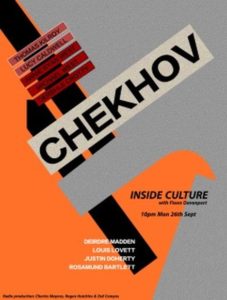


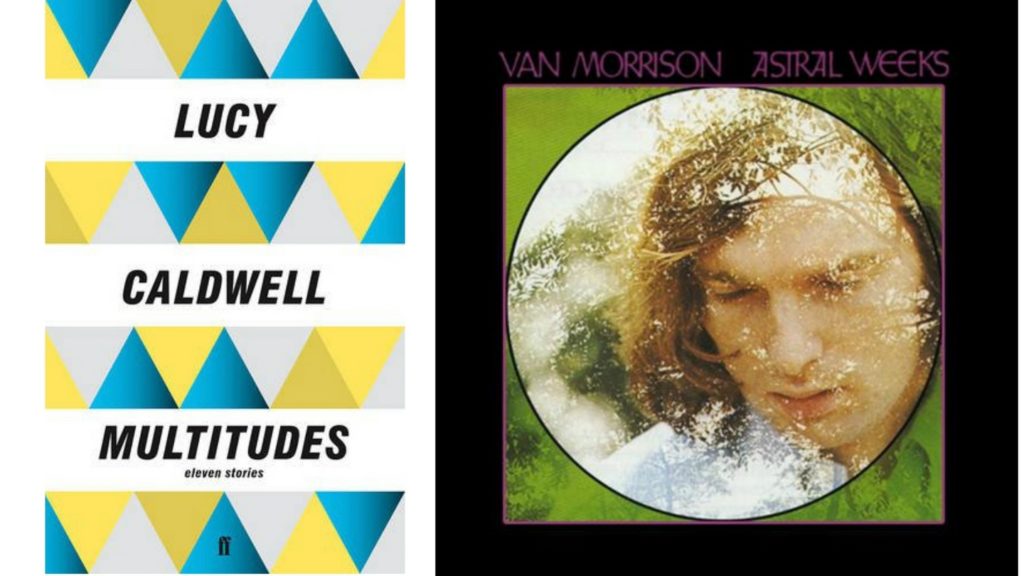
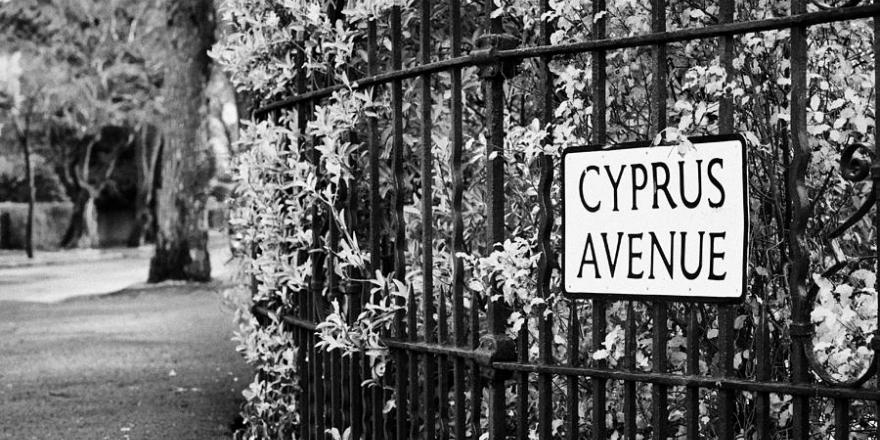

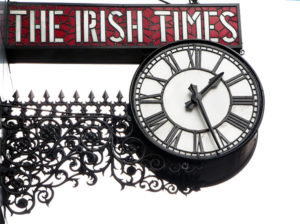
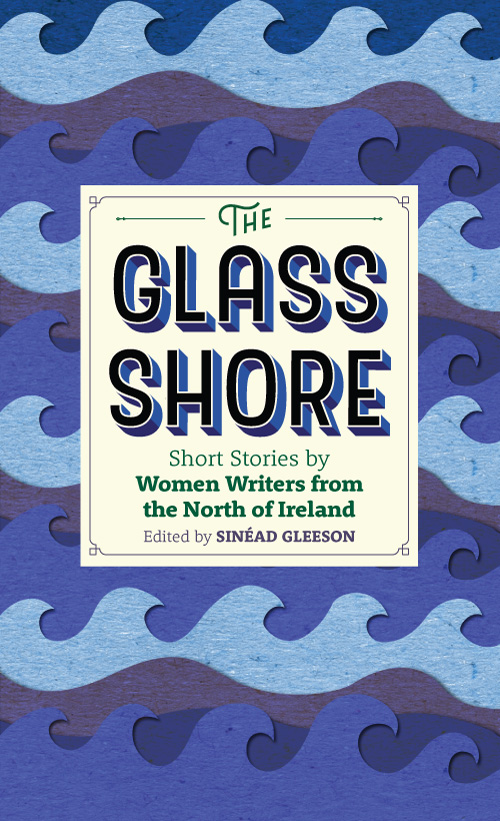 New Island is delighted to announce the forthcoming publication of The Glass Shore: Short Stories by Women Writers from the North of Ireland, edited by Sinéad Gleeson.
New Island is delighted to announce the forthcoming publication of The Glass Shore: Short Stories by Women Writers from the North of Ireland, edited by Sinéad Gleeson.